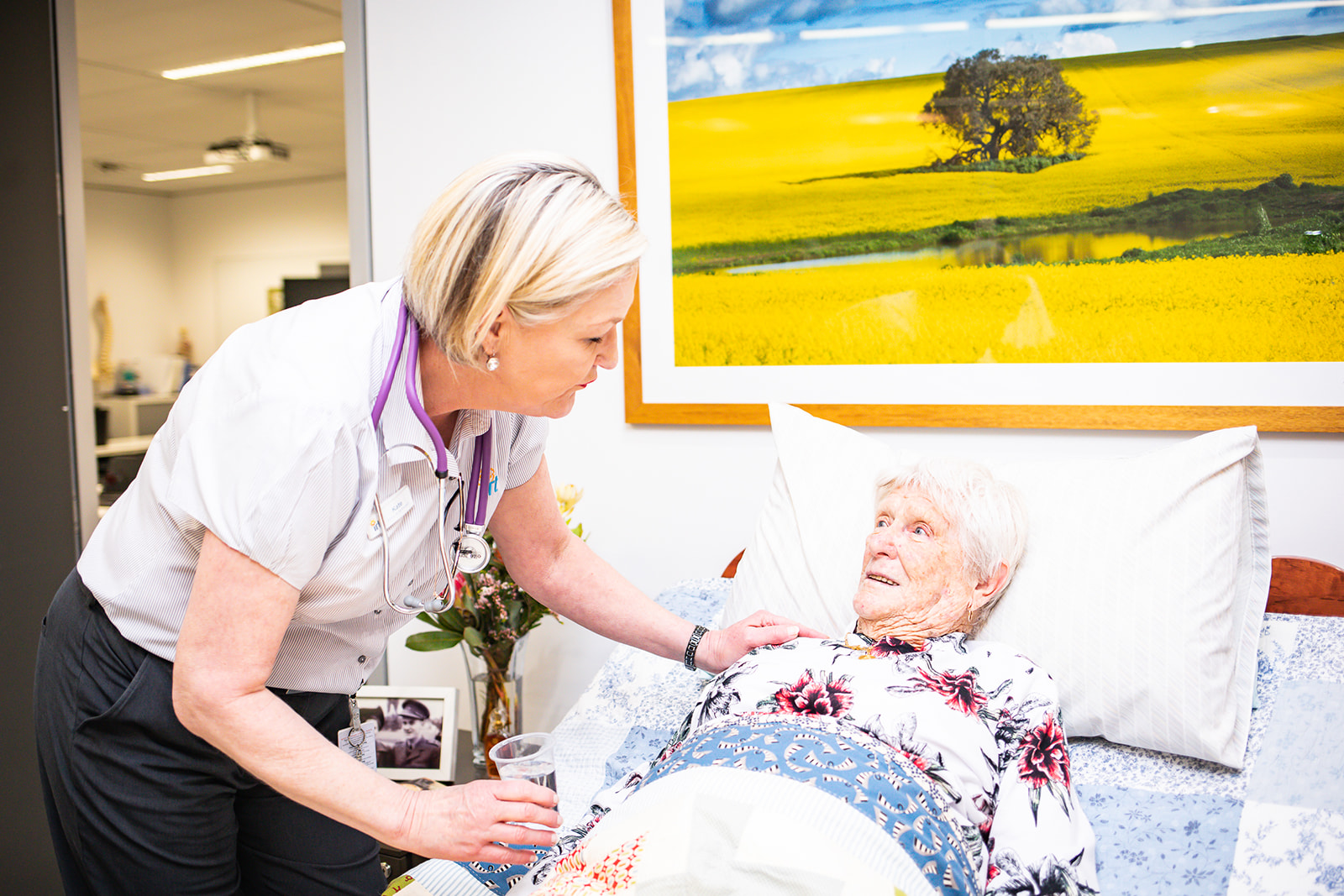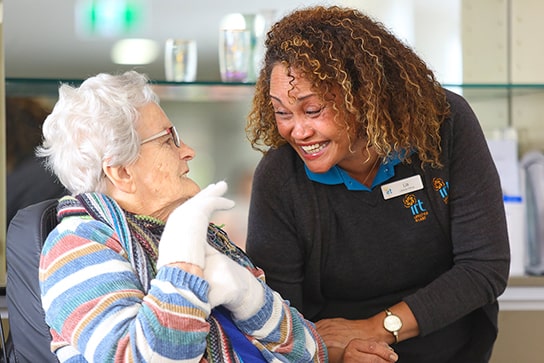10 benefits of exercise for mental health
We all know that exercise is important for our physical wellbeing, but have you considered the benefits of exercise for your mental health?
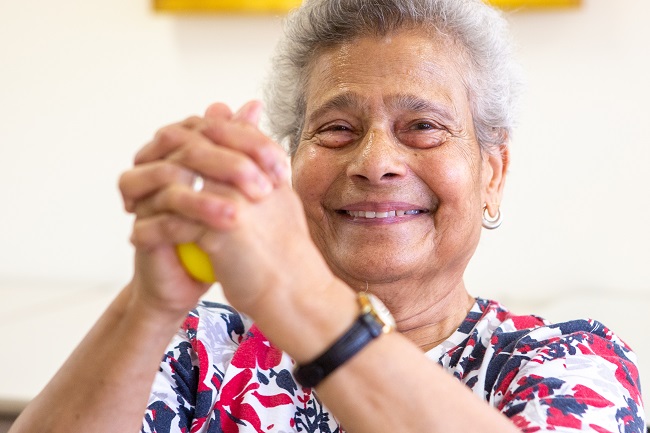
The World Health Organisation describes mental health as a state of wellbeing where an individual realises their own abilities, can cope with the normal stresses of life, can work productively, and is able to make a contribution to their community.
Our mental health affects how we think, feel, and act. It also helps determine how we handle stress, relate to others, and make choices.
Looking after your mental health is important at every stage of life, from childhood to adulthood. One way we can look after our mental health is by incorporating physical activity into our daily routines.
Here are 10 benefits of exercise for your mental health:
1. A better night’s sleep
We’ve all climbed out of the ‘wrong side of the bed’ after a bad night’s sleep – we can be grumpy, irritable and our mood can suffer. Moreover, prolonged sleeplessness can be linked to a number of mental health conditions including depression and anxiety.
Regular exercise can improve our sleep quality, which supports our healthy brain function. When we exercise our body releases feel-good chemicals which can help to reduce pre-sleep anxiety, as well as some common sleep problems such as restless leg syndrome, insomnia and sleep apnoea.
Exercise can also increase the amount of deep sleep we get to help us to recover from mental exertion.
2. Sharpens your thinking
If you’re keen to improve your focus, exercise is highly recommended as a solution for people of all ages.
Evidence-based research shows that your concentration is enhanced after exercise. In the long term, exercise can also help to combat brain ageing and Alzheimer’s through improved blood flow and increased levels of important proteins in the brain.
3. Improves energy levels
Starting your day with some physical activity can help you feel more energised and ready to tackle the rest of the day thanks to the release of endorphins in the brain.
Endorphins, which are often referred to as ‘feel-good hormones’, not only reduce your perception of pain and trigger a positive feeling in the body, but they can also help increase your energy levels and help you move.
Physical activity can also boost your cardiovascular health, which allows you to have greater endurance throughout the day. When it’s easier to do your daily activities, you’ll have more energy left over and not feel so 'sluggish' at the end of the day.
4. Reduces risk of physical health issues
We all know that exercise is good for our physical health, and when we're physically-well, it can do wonders for our mental health too.
Regular physical activity can help manage weight, strengthen bones and muscles, and improve your ability to do everyday activities. According to Dementia Australia, people who exercise regularly are also less likely to experience heart disease, stroke, high blood pressure, and type 2 diabetes, all of which are factors that are associated with an increased risk of developing dementia.
5. Improves your confidence
Self-esteem and the degree to which we feel positive about ourselves is an important part of our mental health. Good self-esteem can boost our mental growth, and research has demonstrated that we experience significant increases in self-esteem following exercise.
When we exercise our bodies feel better physically and mentally which in turn can help us feel better about our quality of life and have a more positive attitude towards ourselves.
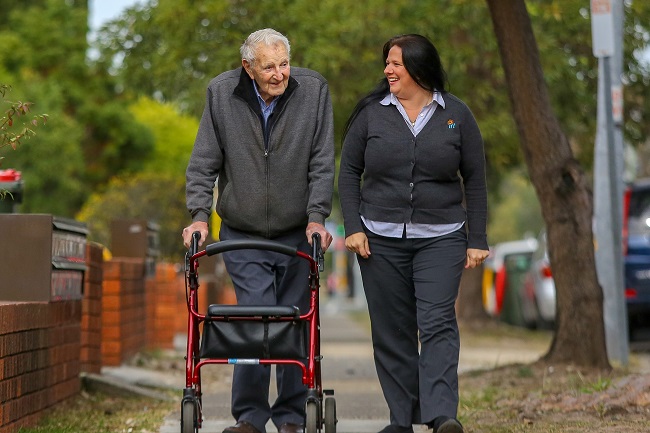
6. Mood booster
You may have heard of a ‘runner’s high’, that feeling of bliss that occurs during and after exercise. This euphoria is thanks to chemicals that are released when you’re active.
Exercise stimulates the production of chemicals like endorphins, endocannabinoids and dopamine that improve your mood, as well as helping to reduce anxiety and stimulate feelings of calm.
7. A stress release
We all experience stress in our lives, and a small amount of stress from time-to-time is not a problem. But when stress is intense and constant, it can result in changes to the brain that can contribute to the development of physical and mental illnesses.
Exercise is one of the most popular recommendations by health care professionals to alleviate stress. Physical activity reduces levels of our body’s stress hormones including adrenalin and cortisol while having a positive effect on your cardiovascular, digestive and immune systems, further protecting your body from the harmful effects of stress.
A morning walk by the beach, an afternoon run, or a game of tennis with a friend is a great way to take a ‘time-out’ from our daily activities (and the worries that may go along with them) and keep the mind busy on other things.
Read about the top 9 health benefits of a morning walk
8. Enhances your memory
We can keep our brains sharp by getting our hearts pumping and staying active.
Our hippocampus, the part of the brain responsible for memory and learning, actually grows during regular physical activity.
As we age, exercise also changes the brain to protect our memory and thinking skills. Studies have found that aerobic, resistance or strength training, and mind-body exercise can promote cognitive brain health in older adults including improvements in processing speed and function.
9. Relieves anxiety
According to the Australian Institute of Health and Welfare, 1 in 5 Australians suffer from a form of mental illness each year, and almost half the population has suffered a mental illness at some point in their life.
One of the most common types of mental illness is anxiety, and exercise has been shown to be a natural anxiety reliever. Rhythmic activities that require moving both your arms and legs are especially effective, such as walking, running, swimming, martial arts, or dancing.
A tip to get the most out of your exercise routine is to practice mindfulness. For example, focusing on your breathing, or thinking about how the wind feels on your skin while walking. Beyond Blue has a range of relaxation exercises available on their website, as well as some downloadable audio files you can listen to while exercising.
10. Reduces social isolation
Another benefit of exercise for mental health is reducing the feeling of social isolation. Many physical activities, such as walking, swimming and cycling, encourage you to get out into more social settings such as the beach, community walking tracks and gyms. This can help reduce feelings of loneliness and isolation and put you in touch with other people. It can also help you form new friendships or even re-connect with people you may have previously lost contact with.
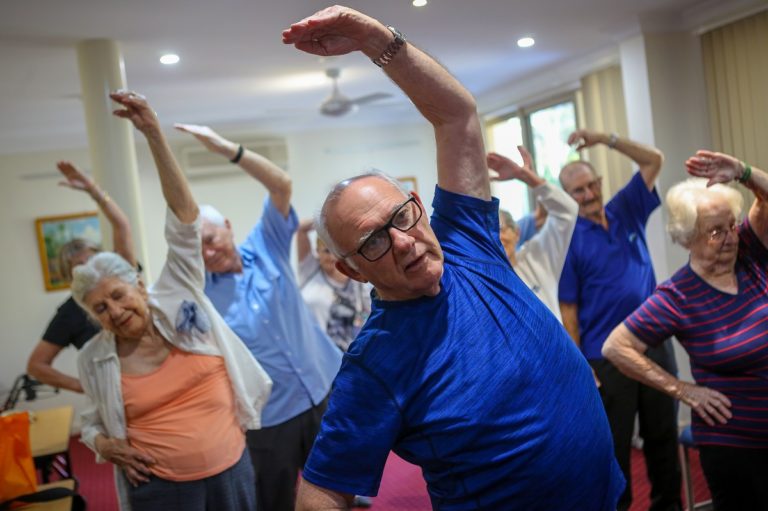
How much exercise do we need?
Australian guidelines recommend at least half an hour of moderate intensity physical activity on most or all days for people aged 65 years and over.
What you do depends on your health and lifestyle. If you have health problems, it’s a matter of finding what works for you. It's a good idea to talk to your doctor or a health professional about what activity suits your individual needs.
Getting started
If physical activity isn't already part of your routine, you may be wondering how to get started. Australian guidelines recommend the following:
- be active every day in as many ways as you can
- think of movement as an opportunity, not an inconvenience
- incorporate movement and activity into your normal daily routine
- be active with a friend or family member
- choose activities you enjoy
- if you can, enjoy regular vigorous exercise for extra health and fitness.
Physical activity ideas
We’re most likely to exercise when we choose something we enjoy, and there are plenty of options available. You might like to consider:
- brisk walking
- swimming
- aerobics or water aerobics
- golf with no cart
- cycling
- yard and garden work
- tennis
- weight, strength or resistance training
- climbing stairs
- Tai chi
- lawn bowls - which you can play individually or in a team
- yoga
- dancing.
Local community centres often have affordable exercise programs, and many gyms also offer group classes such as step class, spin class, weights and Zumba.
You can also visit Australian government websites, such as NSW Health and Queensland Health, to access a range of public health events, programs, and facilities in your local community to help you get active.
Remember to always start your exercise program at a low level and progress slowly. Exercise that is too intense, too quickly may increase your risk of injury. It’s always best to consult your doctor or health professional for a plan that is best-suited to your individual needs.
Discover fun and different ways to stay active in retirement
Mental health services and support
If you or someone you know needs further support, there are many resources and health care services available on the Mental Health Australia website.
If you are looking for a specific health service in your local community, you can also visit Health Direct.
If you can't find what you're looking for online, you can speak to your doctor or health professional about a mental health care plan or exercise regime that might work for you.

Want to keep doing the things
you love?
Find out more about IRT Home Care and how we can assist you or your loved one to keep living independently at home. IRT has been providing home care services for more than 30 years, offering support to seniors in NSW, Qld and the ACT.
Find out moreSubscribe to our newsletter
You may also like
Palliative care vs end of life care: what's the difference?
What is palliative care? People think palliative care is the end of someone’s life, but there’s so much more to it.
Choosing an Aged Care Centre: What to consider
Moving from your home into a residential aged care centre can be a rewarding experience for you or your loved one.

